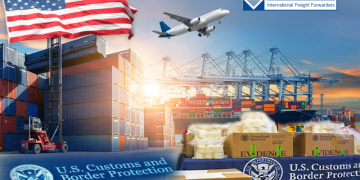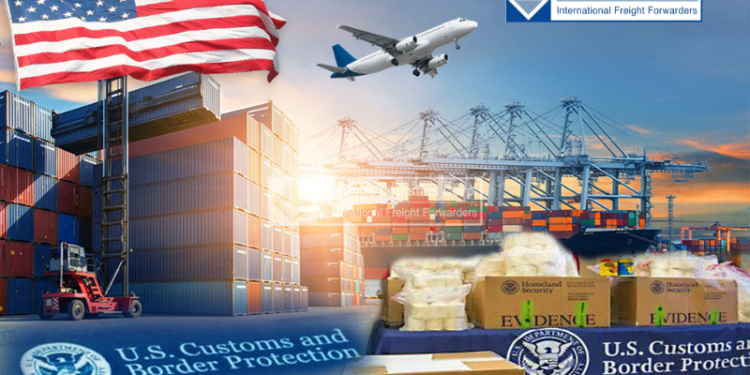By Maria Kalamatas — August 25, 2025
BRUSSELS — August 25, 2025. At postal centers in Frankfurt and Milan, parcels bound for the United States sat untouched this weekend, a direct consequence of Washington’s decision to abolish its $800 duty-free de minimis threshold. For Europe’s logistics providers, the change has landed like a shockwave.
Small packages that once sailed through customs in hours now face full declarations and duties. For couriers, the sudden rise in paperwork has already begun to clog systems.
“We’ve moved from express delivery to gridlock overnight,” admitted Claudia Becker, operations head at a mid-sized courier in Germany. “Our customers don’t understand why a €50 order suddenly needs the same clearance as a €5,000 shipment.”
Courier firms under pressure
Shares in major parcel operators dropped on Monday morning, with investors spooked by fears of long-term revenue loss. For companies like DHL and Poste Italiane, U.S.-bound e-commerce has been one of the most profitable growth engines. Now, that pipeline looks uncertain.
Analysts estimate processing costs per shipment could rise by 20 to 30 percent, making low-value cross-border sales uneconomic for many small merchants.
SMEs caught in the crossfire
European SMEs that rely on U.S. buyers are voicing frustration. Many built their models around affordable postal exports, only to find their parcels suddenly stuck at warehouses or being returned.
“My American customers won’t pay $30 in fees for a €20 hand-painted mug,” said Isabelle Fournier, a ceramic artisan from Lyon. “This isn’t just a delay — it’s a threat to survival.”
Political undertones
While U.S. officials argue the reform closes loopholes exploited by mass shippers in Asia, European trade groups insist the policy unfairly punishes small exporters. Brussels has not ruled out raising the issue at the next transatlantic trade talks.
Outlook
Until digital customs systems catch up — a process that could take months — the transatlantic e-commerce flow will remain fragile. For the logistics sector, it is a stark reminder of how regulatory shifts can ripple through warehouses, trucks, and balance sheets in a matter of days.





















